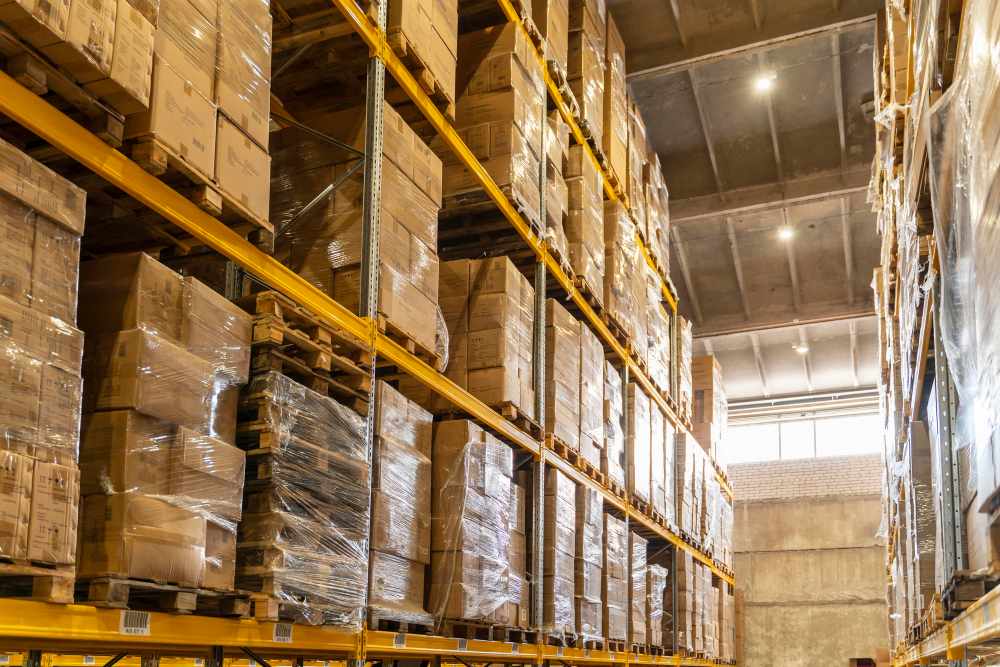Sourcing Agent vs. Buying Agent - What's the Difference?
When it comes to international trade and sourcing products from overseas, businesses often rely on the expertise of intermediaries such as sourcing agents and buying agents. These professionals play a crucial role in facilitating successful transactions and ensuring the smooth procurement of goods. In this article, we will explore the key differences between sourcing agents and buying agents, shedding light on their respective roles, responsibilities, and the benefits they offer to businesses.
1. Understanding Sourcing Agents
Sourcing agents, also known as procurement agents or purchasing agents, act as representatives for businesses looking to source products from foreign markets. Typically based in the country where the products are manufactured, sourcing agents possess extensive knowledge of local suppliers, manufacturers, and market dynamics. Their primary objective is to find reliable suppliers who can deliver quality products at competitive prices. Sourcing agents handle tasks such as supplier identification, negotiation, quality control, logistics coordination, and factory audits. They provide end-to-end assistance throughout the sourcing process, ensuring that businesses can acquire the desired products with minimal hassle.
2. Exploring Buying Agents
Buying agents, on the other hand, are individuals or companies hired by businesses to assist with purchasing products on their behalf. While sourcing agents focus primarily on finding suitable suppliers, buying agents specialize in negotiating favorable terms and making purchase decisions. They work closely with businesses to understand their requirements, identify potential suppliers, and negotiate pricing, terms, and conditions. Buying agents are responsible for securing the best possible deal for their clients, leveraging their expertise in procurement and market knowledge. Additionally, they may also handle tasks such as sample approval, order placement, payment processing, and shipment coordination.

3. Key Differences
While sourcing agents and buying agents share similarities in their involvement with product procurement, several factors differentiate their roles:
a) Scope of Services: Sourcing agents typically provide comprehensive services throughout the sourcing process, including supplier identification, negotiation, quality control, and logistics coordination. Buying agents, on the other hand, focus more on the purchasing aspect, such as negotiating terms and securing favorable deals.
b) Expertise and Location: Sourcing agents are usually based in the country where the products are manufactured and possess in-depth knowledge of local suppliers, regulations, and market conditions. Buying agents can be located anywhere and work across various industries and product categories.
c) Accountability: Sourcing agents are accountable for ensuring the reliability and quality of the selected suppliers. They conduct factory audits and quality inspections to minimize risks associated with product quality, compliance, and manufacturing standards. Buying agents primarily concentrate on negotiating favorable terms but may not provide extensive oversight of the manufacturing process or supplier compliance.
d) Pricing and Cost Structure: Sourcing agents typically charge a commission based on the total order value or negotiate a fixed fee for their services. Buying agents may charge a commission, fixed fee, or work on a retainer basis, depending on the scope and complexity of the project.
4. Choosing the Right Solution
Selecting between a sourcing agent and a buying agent depends on your specific business requirements and priorities. If you need end-to-end assistance, from supplier identification to logistics coordination, a sourcing agent is likely a better fit. However, if you have established supplier relationships and mainly require assistance with negotiations and purchase decisions, a buying agent may be more suitable.

Conclusion
Sourcing agents and buying agents both play crucial roles in international trade, assisting businesses in procuring products from overseas markets. While sourcing agents focus on supplier identification and comprehensive sourcing support, buying agents specialize in negotiations and purchase decision-making. By understanding the key differences between these two types of agents, businesses can make informed choices and leverage their expertise to streamline the sourcing process and achieve successful procurement outcomes.
If you're looking for a reliable sourcing agent based in China, look no further than Guangzhou Bright Future! Our team has years of experience helping businesses source high-quality products from China and other countries. Contact us today to learn more!